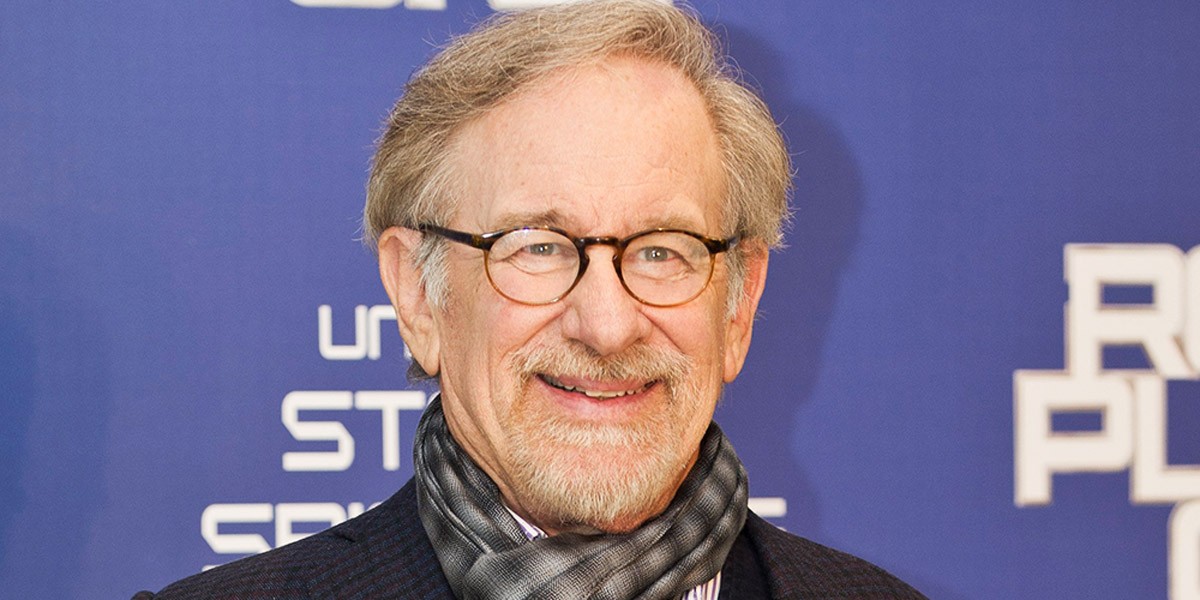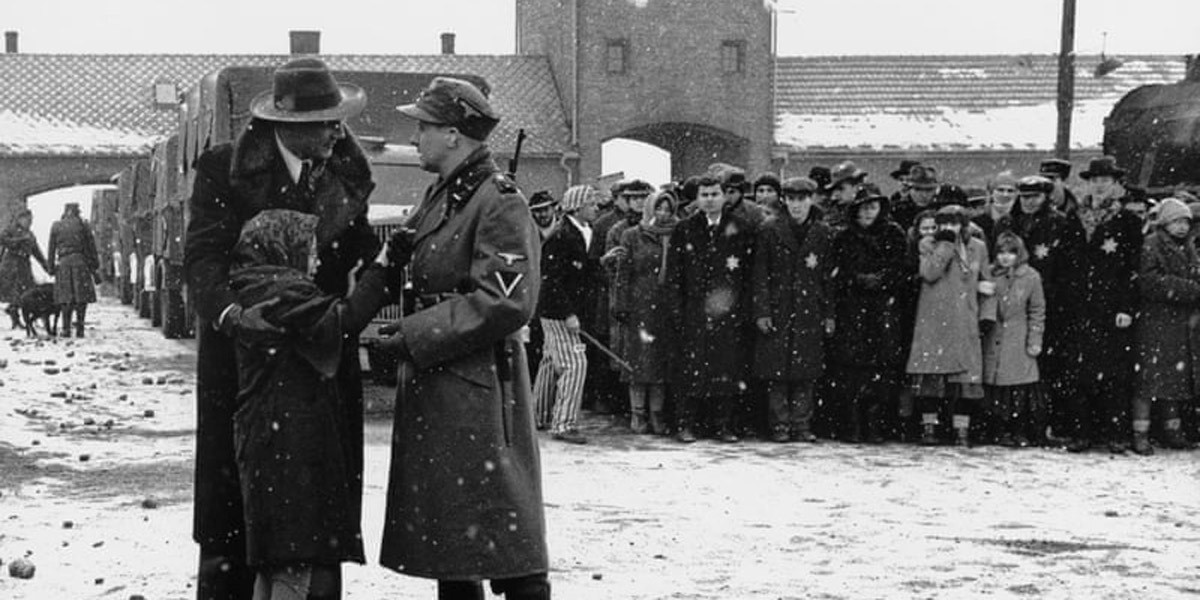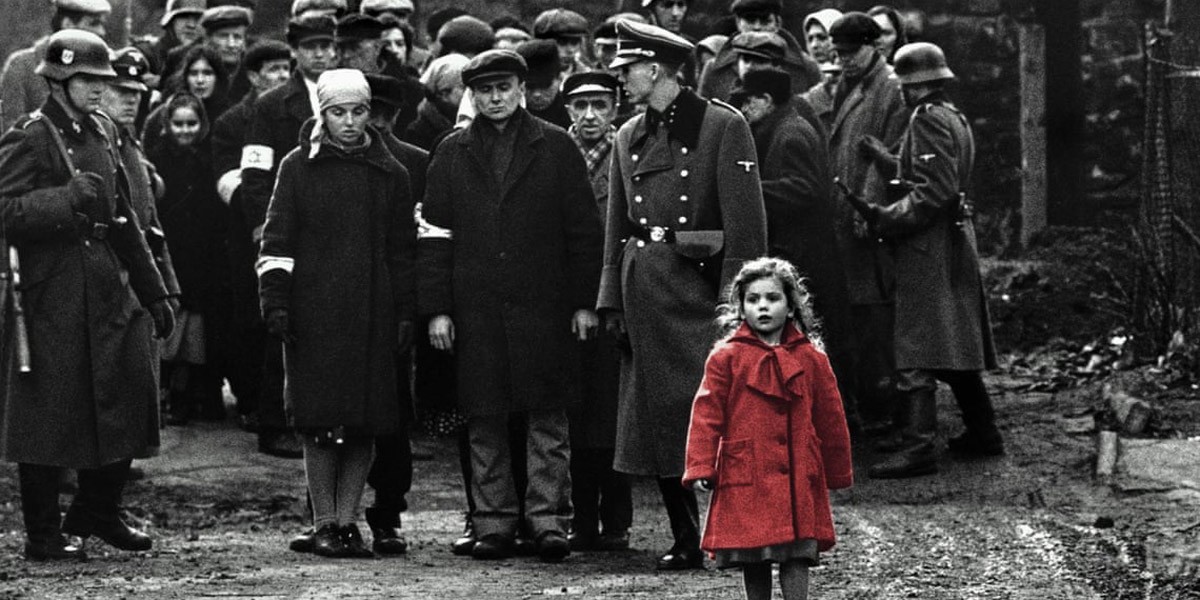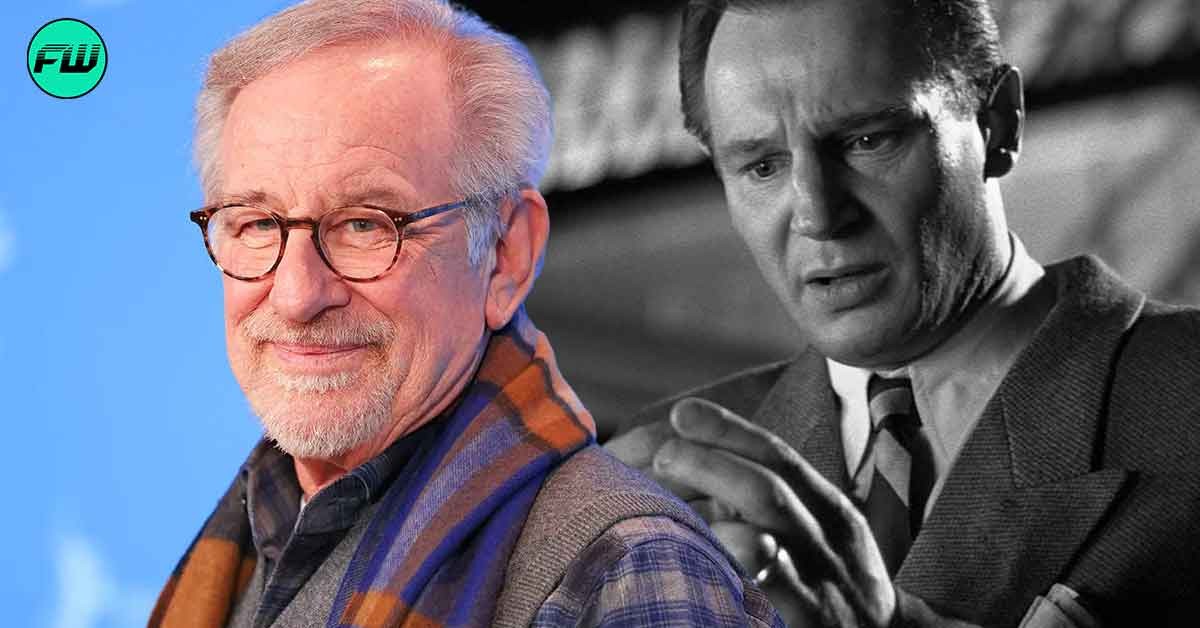As one of the most renowned filmmakers in Hollywood, it is impossible to think that Steven Spielberg almost quit making films after working on one of his most important projects: Schindler’s List (1993). The entire process took an emotional toll on him, and he considered leaving the industry after production wrapped up.

The film was a special project for Spielberg, and it ended up becoming a critical success. It even earned him an Oscar for Best Director. For a movie with such a sensitive topic, it amassed a huge profit enough to make it a commercial hit.
Steven Spielberg On Making 1993’s Schindler’s List
In his interview with The Hollywood Reporter, Indiana Jones director Steven Spielberg reflected on his work in Schindler’s List and its impact on him as a filmmaker:
“I still feel that Schindler’s List is the film that has made the most amount of material change in the world. When I went to Poland to start working on Schindler’s List, I quickly realized after a couple of days of filming that this just wasn’t a natural reflex of my filmmaking instincts — this was going to be something that was going to change my life.”
Growing up with Jewish parents, Spielberg heard a lot of harrowing stories about the Holocaust. He also did extensive research on the subject to fully translate it to film:
“It was a subject that was very open in my formative years, and I saw a lot of documentaries. I was just like a passive witness; I wasn’t doing very much about it. I was just taking it all in. I couldn’t believe that something like that could’ve happened in the 20th century — it was just unfathomable — but it did.”

Spielberg was proud of this project, though he felt empty and despondent. The whole production of the movie was too much for him to handle. He said in another interview with THR:
“I was sad and isolated, and as well-received and successful as that movie was, I think it was the trauma of telling the story and forming the Shoah Foundation. I started to wonder, was Schindler’s List going to be the last film I would direct?”
The movie inspired Spielberg to create the Shoah Foundation, an organization devoted to audio and visual interviews of Holocaust survivors for educational purposes. While he had this certain feeling of wanting to abandon his career, he only just needed a break. Spielberg eventually went back to direct 1997’s The Lost World: Jurassic Park.
Schindler’s List was nominated for 12 Academy Awards and won seven, including Best Picture, Best Director, Best Adapted Screenplay, and Best Original Score. It also took home seven BAFTAs and three Golden Globe Awards. The star-studded cast includes Liam Neeson, Ben Kingsley, Ralph Fiennes, Caroline Goodall, Jonathan Sagall, Embeth Davidtz, Mark Ivanir, and Beatrice Macola, among others.
Steven Spielberg Refused To Take Home The Money Schindler’s List Earned At The Box Office

While Schindler’s List proved to be a huge commercial success, Steven Spielberg declined to pocket the profit it made in worldwide theaters. He revealed to The New York Times:
“The idea to give away the money came before I made the movie. As I said to Sid Sheinberg, my mentor, I could not accept any money from Schindler’s List — if it even made any money. It was blood money, and needed to be put back into the Jewish community.”
Spielberg is committed to raising awareness and expanding Holocaust education. The movie’s earnings were used to reinforce the Righteous Persons Foundation, a similar organization to the Shoah Foundation, which aims to educate people through social activism. He added:
“I wanted to strengthen the Jewish community as it is today, to engage Jewish youth, to support the arts, to promote tolerance, and to strengthen the commitment to social justice.”
Schindler’s List was adapted from Thomas Keneally’s 1982 historical non-fiction book Schindler’s Ark. It inspired Spielberg to create a masterpiece that evokes so much truth and emotion.
Schindler’s List is available to watch on Netflix, Apple TV, and Prime Video.
Sources: The Hollywood Reporter 1,2, The New York Times

